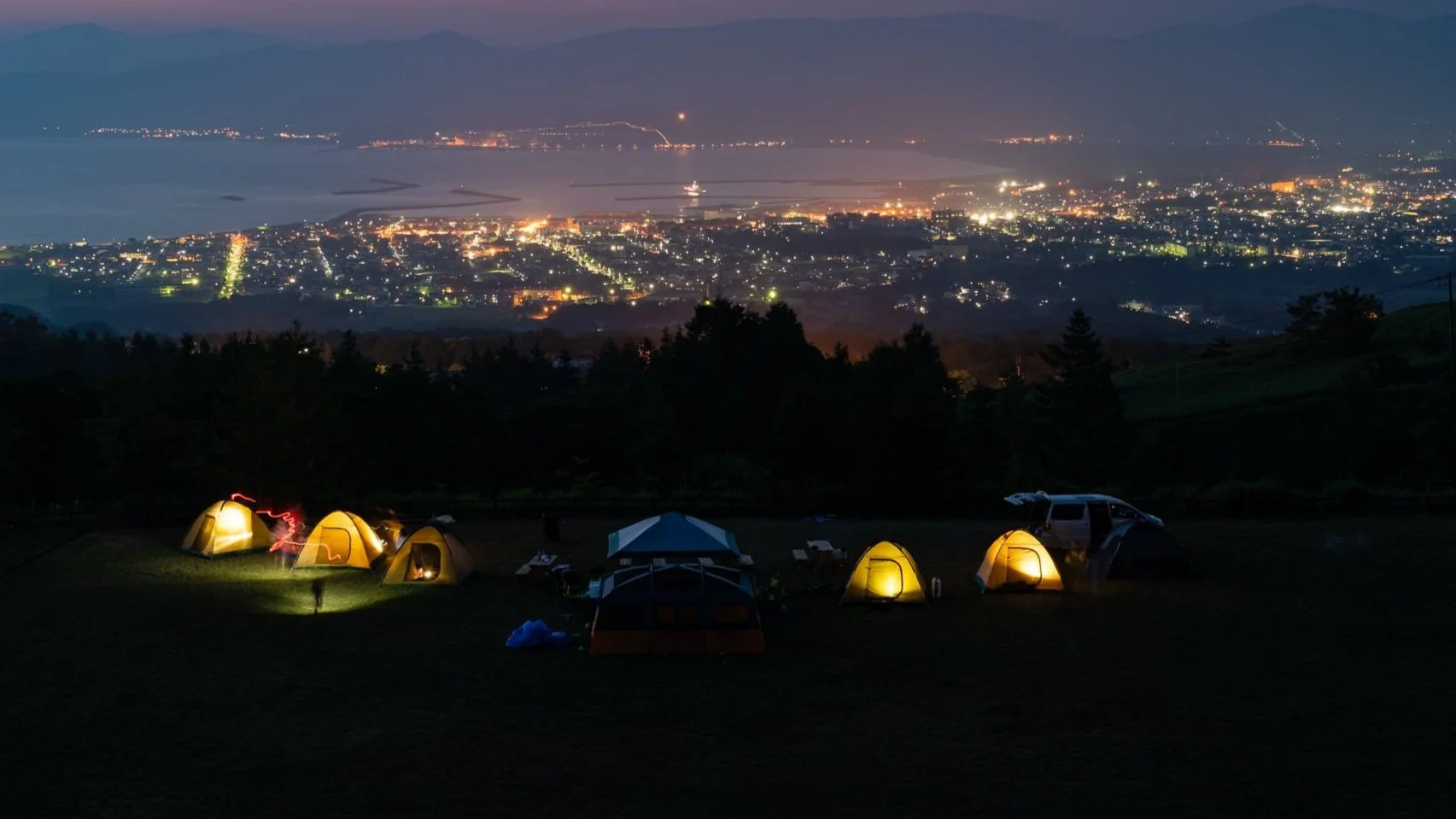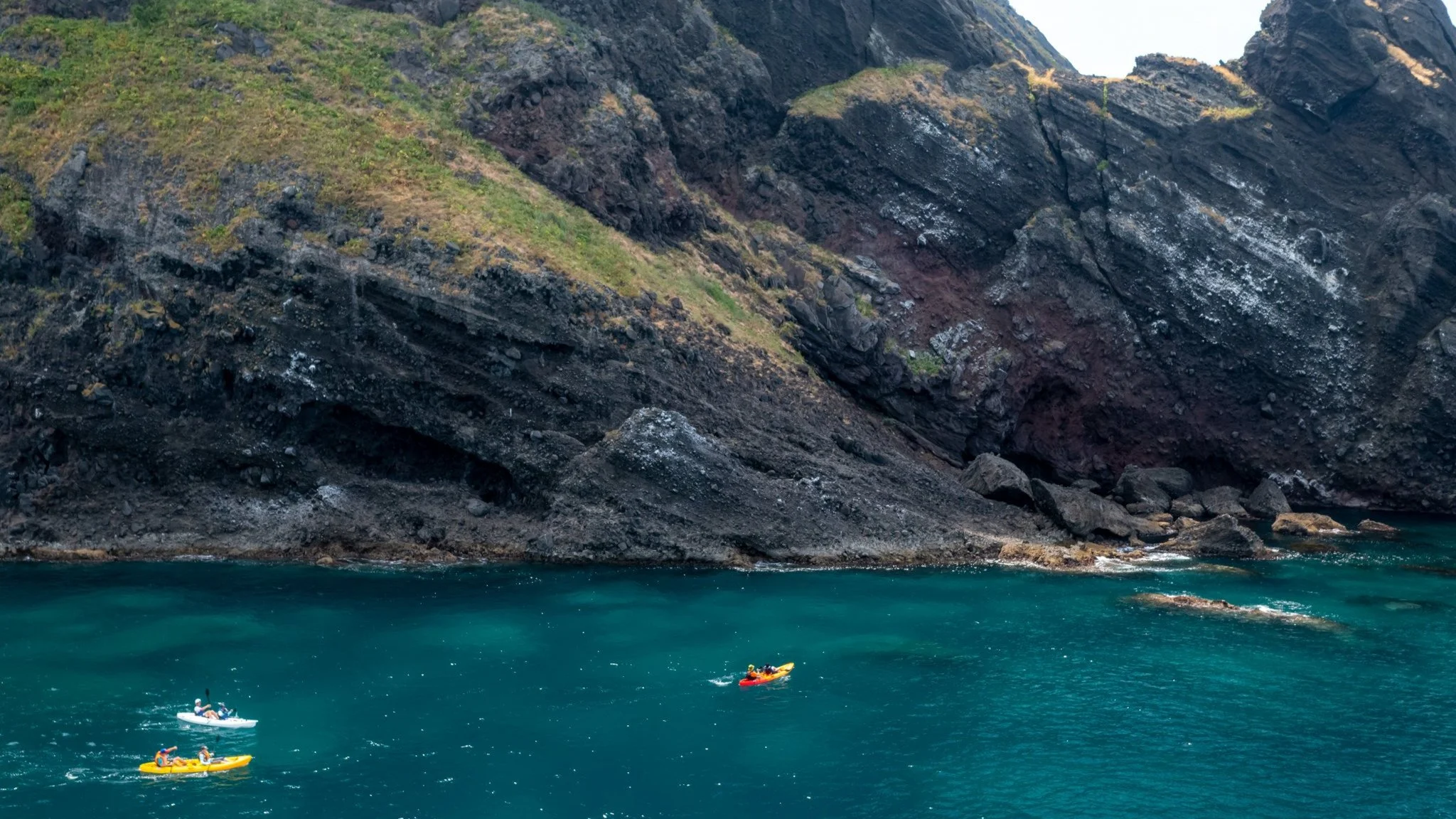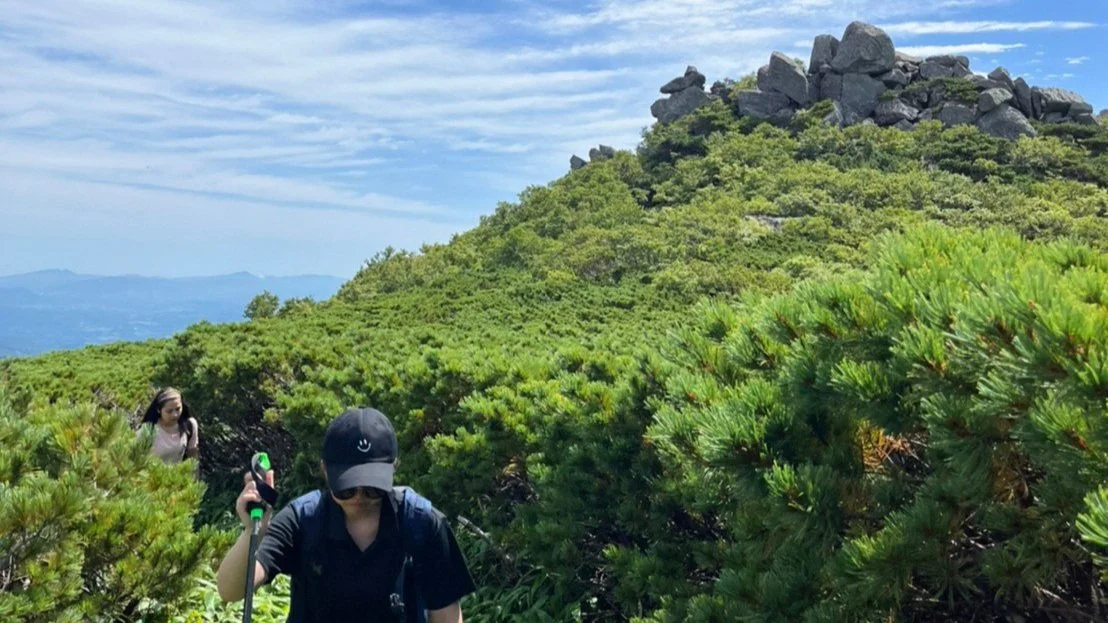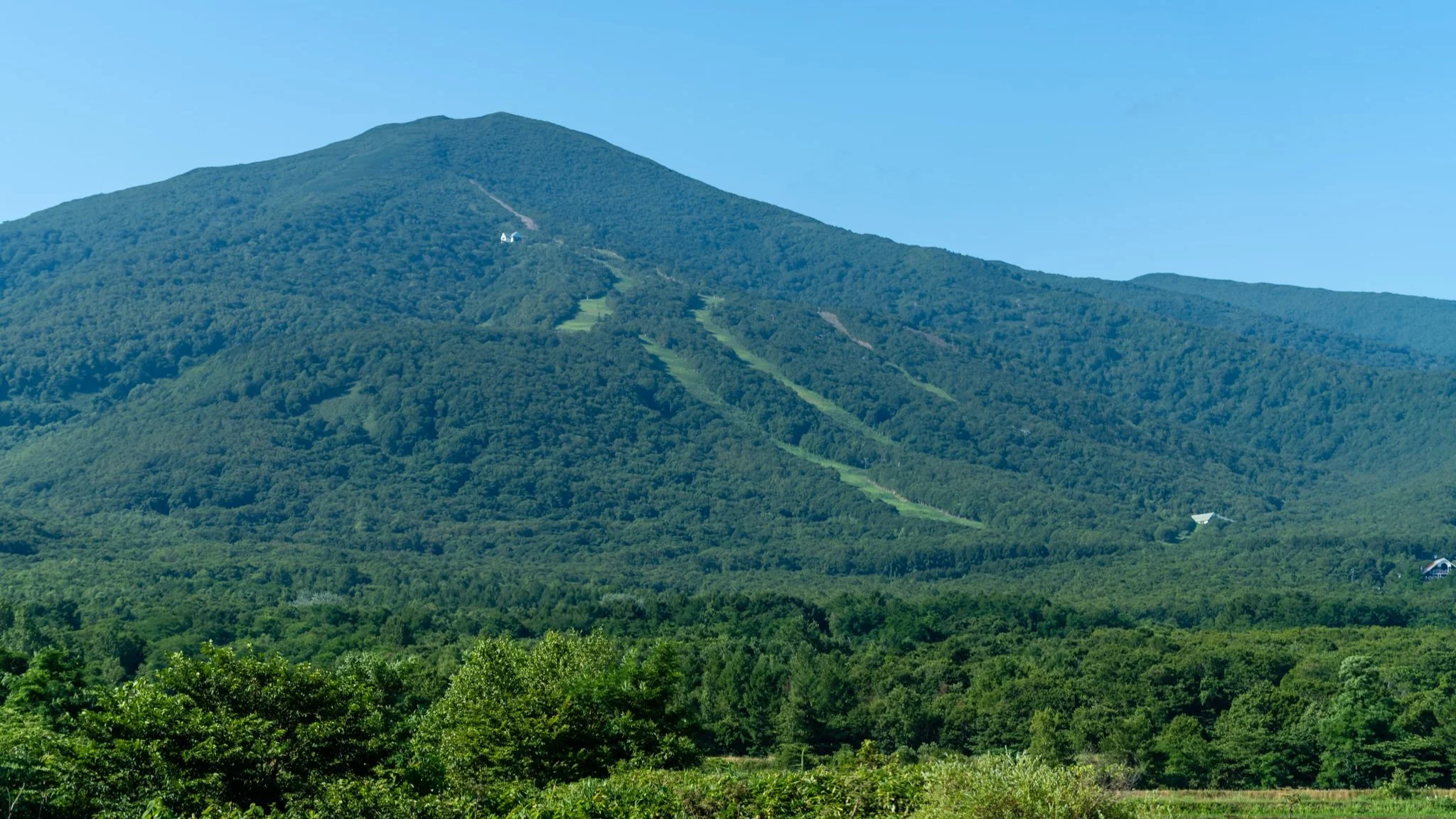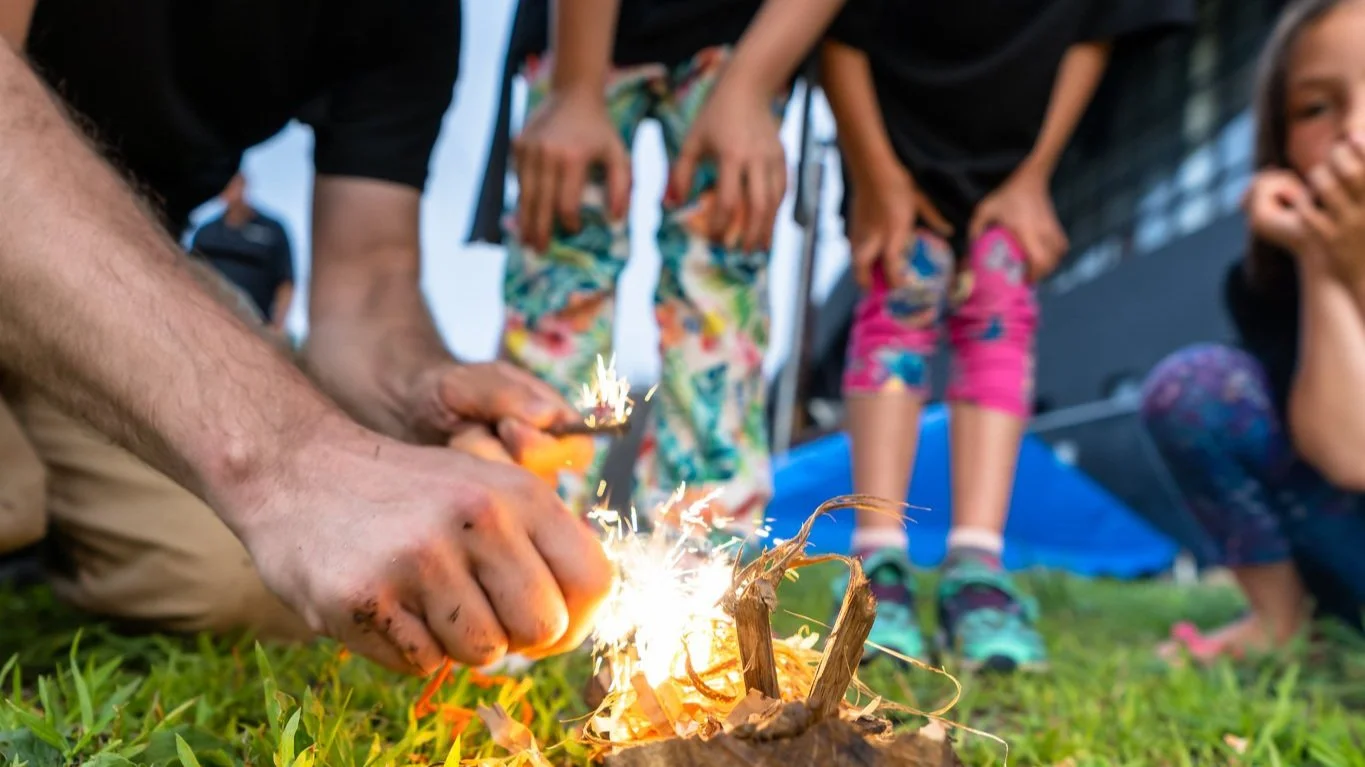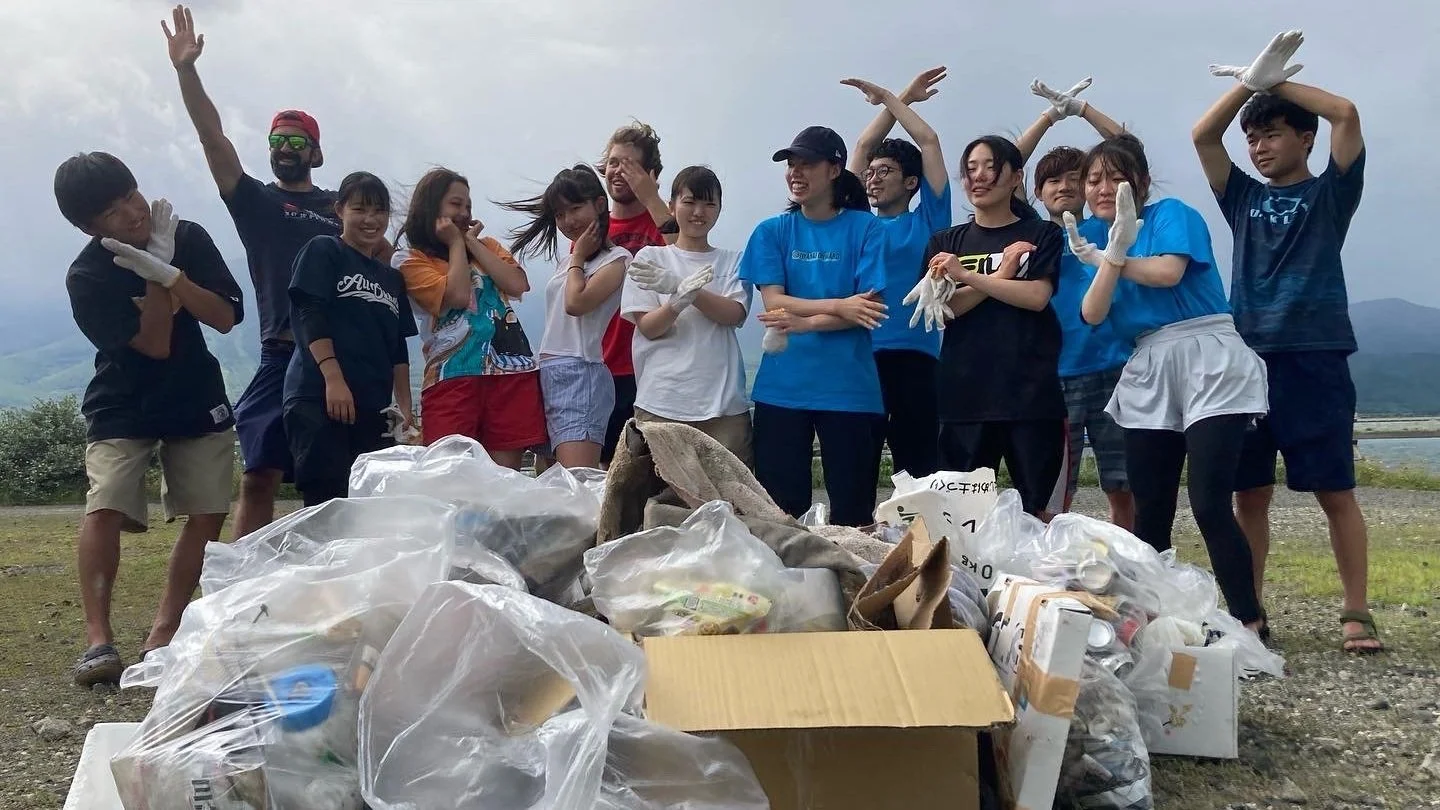You will have the opportunity to take on a variety of adventures in the Hokkaido wilderness. Activities include sea kayaking, trekking, canyoning, camping and bike touring. All activities are administered in English, providing ESL students with ample opportunity to use English in a natural setting. All of our activities are team-oriented; as a team member, you are expected to carry your own weight and contribute to your crew's success. A custom itinerary is crafted for each course, based on the number of participants, ability, preferences and weather forecast.
CAMPING
Sometimes getting back to Iwanai requires a night or two of wild camping. Whether we are deep in the mountains or exploring the coast, Hokkaido offers a variety of excellent public campgrounds that we utilize on nearly every execution. Students are expected to help set up camp for the night and take turns preparing dinner for their teammates. What better way to enjoy the Hokkaido summer!
SEA KAYAKING
Pack up your dry-bag and partner up on your tandem sea kayak to explore the Shakotan Peninsula or Raiden coastline. Each kayak tour will test your endurance as you break through waves to discover a forgotten Hokkaido coastline. Your day will be filled with blue-green water, abundant marine life, waterfalls and dramatic cliff faces plunging into the ocean. Take in this sea-level perspective of the island before heading deep into the mountains for your next adventure.
MOUNTAIN BIKING
Carving through Hokkaido’s imposing landscape are some of the most comfortable cycle touring conditions in Japan. Remaining relatively cool throughout the summer months, minimal traffic, wide and quiet roads and moderate climbs makes exploring Hokkaido by bike an excellent experience. Our bike tours will take you to natural hot springs, push your limits over mountain passes and include stops at local sights and landmarks.
HIKING
Experience the rugged Hokkaido frontier while you trek your way through stunning mountains. valleys. plains. and coasts. Typically starting from the Niseko hot-spring group, our moderate course will take you over several mountain passes reaching limits of 1,211m in elevation. What this course lacks in elevation is made up for with a rugged atmosphere and challenging terrain. Learn to take things one step at a time and count on each other to the end of the trail.
SOLO
Take a break from the constant stimuli and distractions of modern life, and allow yourself to recharge and reset. Under the supervision of our guides, participants will have the chance to go solo. With only the necessary provisions, students will have the opportunity to spend a designated period of time alone in the wilderness. Being alone in nature can offer numerous advantages, both for one's physical and mental health. Reduce stress, improve your mood and reflect on life.
SURVIVAL
Our wilderness survival training will give you a chance to learn and practice survival skills in context and face and overcome the challenges of surviving the wild. Learn to make a fire from flint, purify your water and make an improvised shelter for the night. Learning these potentially life-saving skills will give you a greater appreciation of the luxuries of modern living.
PUBLIC SERVICE
Protecting local wildlife and maintaining our “classroom” is a responsibility we all share. All participants in our program are required to clean nearby beaches and coastal areas. This service helps individuals become more aware of environmental issues, develop a sense of responsibility and benefits the community in whole.

